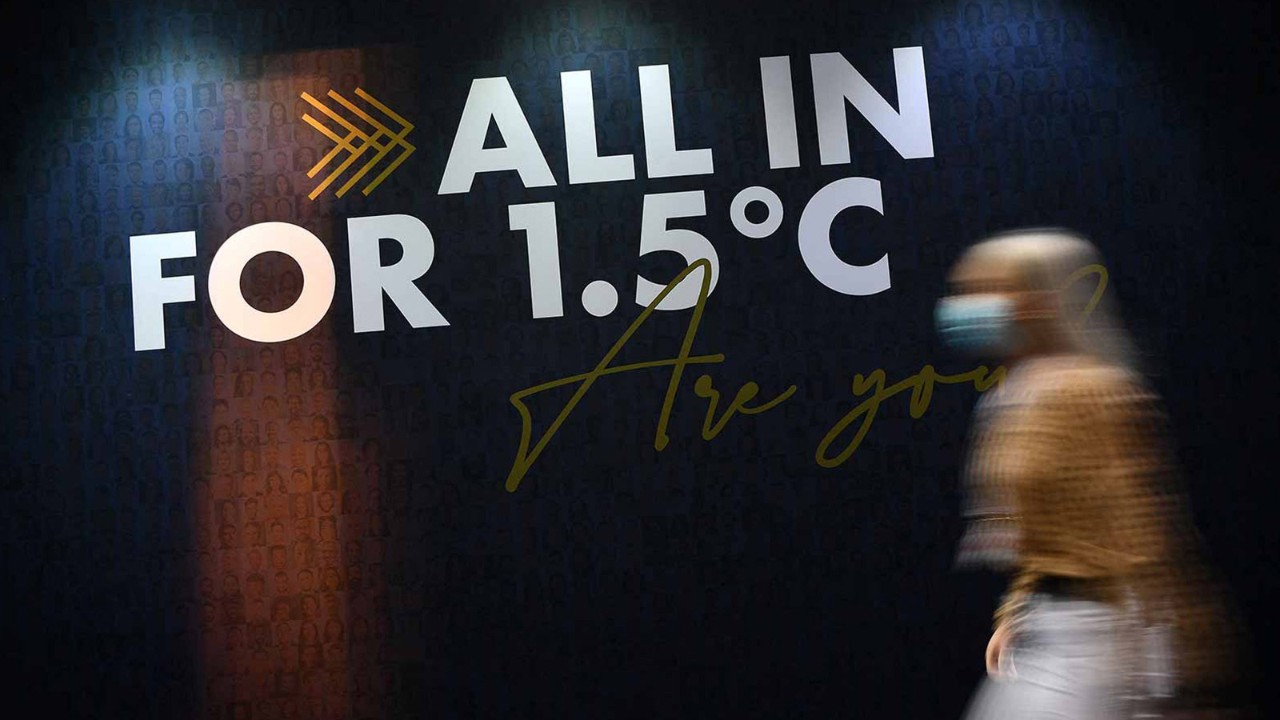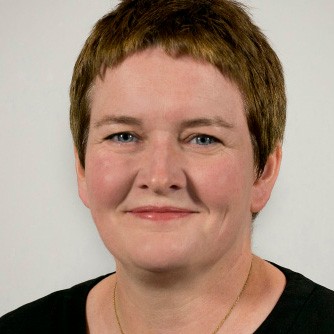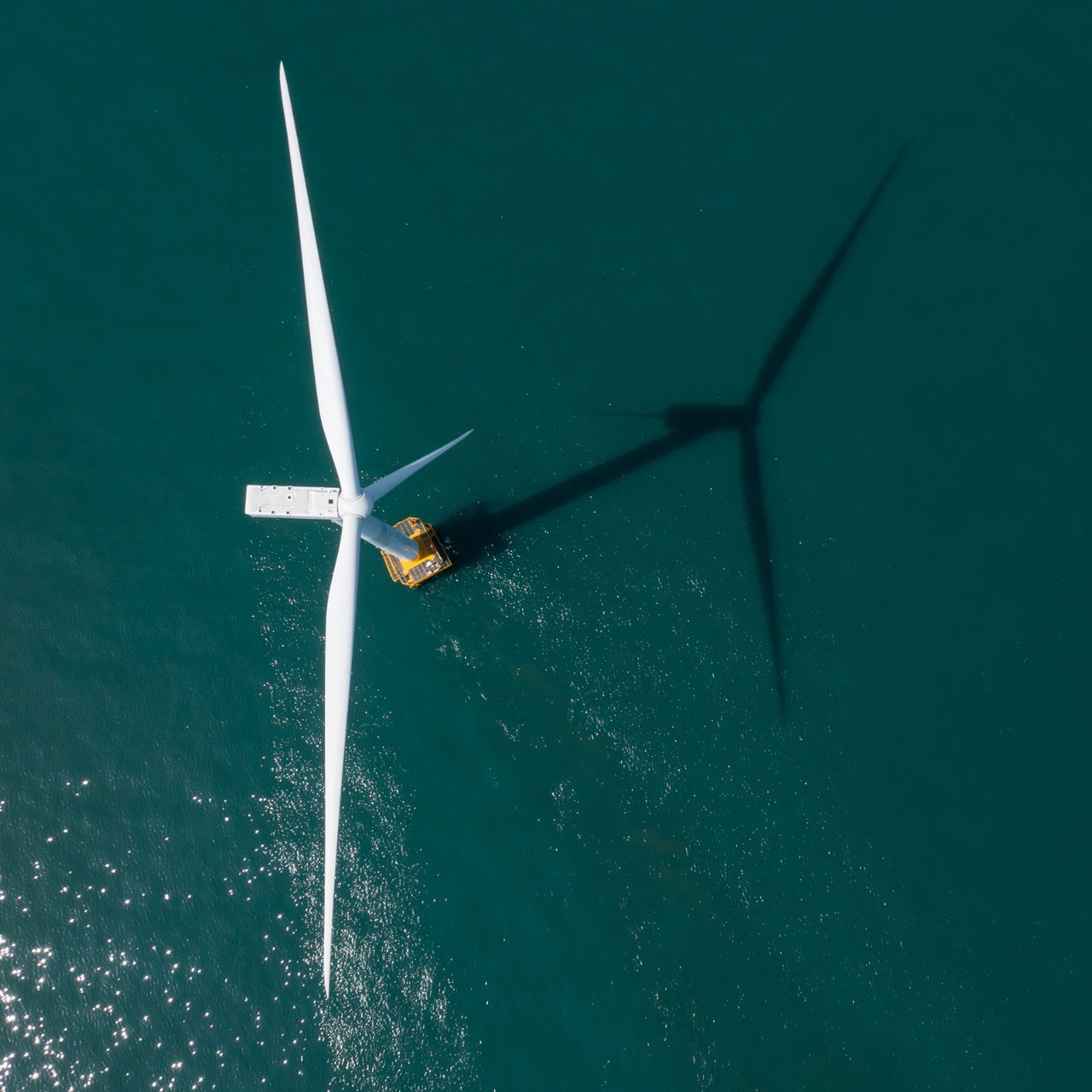
This year’s COP climate summit has felt different from previous years. The messaging about the need for change has been more urgent and starker than before.
The challenges are particularly great given that some countries’ political and economic journeys do not align to achieve net-zero emissions by 2050 and meet climate goals. But the surprise announcement by the US and China to collaborate to realise the 1.5C temperature target of the 2015 Paris Agreement goes some way to alleviate concerns.
The world is also learning about the impact of climate change on gender equality, an issue emphasised at an event organised by the Scottish government and UN Women.
The creation of the ISSB is a historic and vital next step in clarity for corporate reporting
Scotland’s first minister Nicola Sturgeon was joined by other women world leaders – Bangladesh’s prime minister Sheikh Hasina, Tanzania’s president Samia Suluhu Hassan, Estonia’s prime minister Kaja Kallas – for an inspirational panel discussion encouraging women to take on leadership roles.
A statement was also published, sponsored by the Scottish government and UN Women, calling for the role of women and girls to be advanced in addressing climate change. It is open for signatures until the 66th meeting of the Commission on the Status of Women in March 2022, which will focus on women’s empowerment in the context of climate change, the environment and disaster risk reduction.
‘Wow’ moment
Finance is another area where paths need to align. COP 26’s Finance Day on 3 November aimed to do this with groundbreaking announcements that have resonance for the accountancy and finance professions.
In fact, Finance Day was something of a ‘wow’ moment for the profession. There was a significant announcement from Mark Carney, co-chair of the Glasgow Financial Alliance for Net Zero (Gfanz) – a global group of 160-plus financial institutions that have made their own net-zero commitments and aim to unlock the trillions needed to achieve a resilient, zero-emissions future. In their press statement, they stated that all Gfanz member alliances must use science-based guidelines to reach net-zero emissions, cover all emission scopes, include 2030 interim target setting, and commit to transparent reporting and accounting in line with the UN Race to Zero criteria.
In his speech, Carney said annual reports were ‘critical’ to provide ‘feedback about who is doing well, who needs to do better, and also in terms of policy, what’s there and what’s not’.
Small businesses are on the same journey and need support for their role in climate action
Soon after the Gfanz announcement there was a statement from Erkki Liikanen, chair of the IFRS Foundation trustees, about the creation of the International Sustainability Standards Board (ISSB).
This is a historic and vital next step in clarity for corporate reporting, and of relevance for accountants who do this work. We welcome this development, as it will help to shape global reporting standards for the benefit of investors, economies and the public good.
Small business focus
While big business and finance was in the spotlight on Finance Day, ACCA partnered with cloud business management leader Sage and the International Chamber of Commerce (ICC) to launch our white paper Think Small First, which aims to enable effective climate action from small businesses.
Small businesses are on the same journey too and need support for their role in climate action. They represent some 90% of businesses globally and offer more than 50% of employment worldwide. They have an important role alongside the professional accountants who advise them in tackling climate action.
Small businesses need to know what to report, and for standards to be proportionate and focused on information that improves business management. As with big business, disclosure overload needs to be avoided so that users of reports can easily access the information they need.
My hope is that the outcomes from Glasgow will be long-lasting, with a growing global consensus on what needs to be done. After the conference closes, pressure needs to be sustained to ensure change happens, and for journeys to net zero aligned beyond borders. It’s a colossal task and we all have a part to play.



